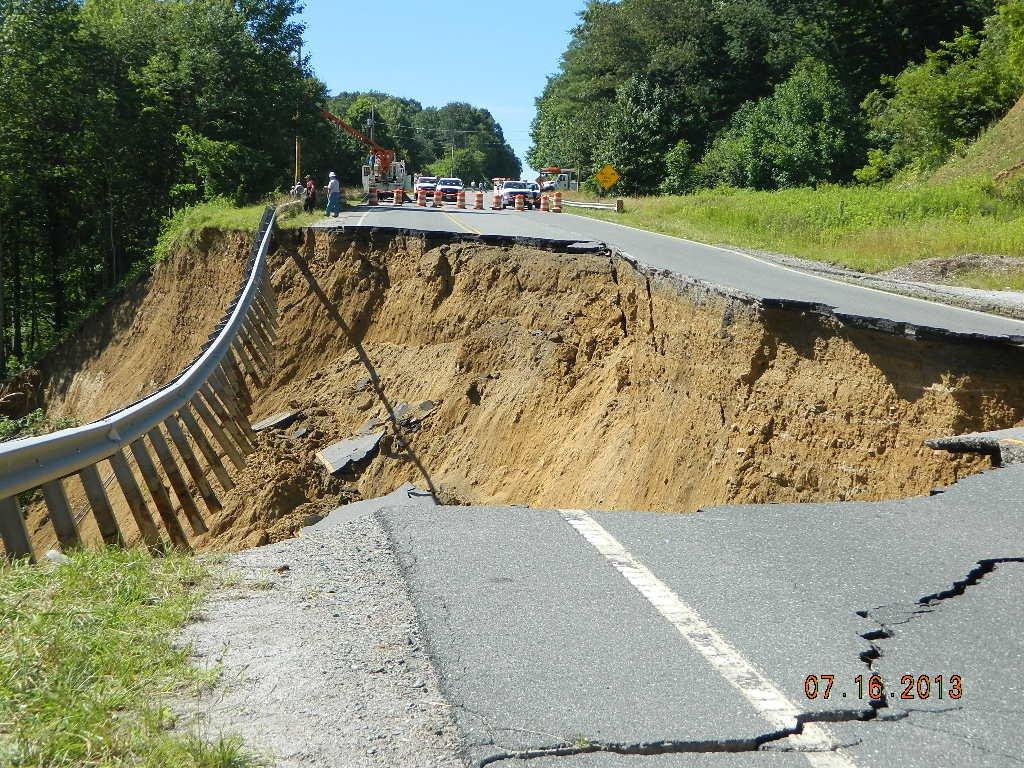Ever wondered if we have a human right to a clean, green environment?
When we talk about protecting planet Earth, can we use the law and our fundamental rights to do this? Here’s how the environment ties into human rights.
1. Many Countries’ Constitutions Contain A Right To A Healthy Environment
Like Costa Rica, Brazil, Colombia, and, more recently, France (following the enactment of the Charter for the Environment in 2005).
But in the UK, ours doesn’t. Even with our flexible unwritten constitution, it can’t quite be said that we have a clear, positive right to a healthy environment (although we do have a whole host of national laws dedicated to protecting the environment).
2. BUT we are signed up to the International Covenant on Economic, Social and Cultural Rights (ICESCR)
This makes countries recognise “the right of everyone to the enjoyment of the highest attainable standard of physical and mental health”. It includes taking reasonable steps to improve “all aspects of environmental and industrial hygiene”. Which is pretty much a right to a healthy environment.
However, as we’ve said before, unlike the European Convention on Human Rights, the ICESCR is not directly incorporated into UK law. This means that while the UK Government should act to protect these rights, judges cannot enforce them to protect individuals.
3. What about the European Convention on Human Rights (ECHR)?

Here comes the fun part. Although the European Court of Human Rights (which interprets the ECHR) has not recognised a freestanding right to a healthy environment, it has made several rulings that have greatly enhanced our rights to enjoy a healthy environment.
The environmental protection we get from the ECHR is human-centric. Wherever there is a harmful effect on a person’s private or family sphere because of the State’s failure to regulate the environment, there is a potential violation of the right to private and family life (Article 8). Equally, there might be a violation of your right to life because this right means that your physical integrity should not be put at risk by the State’s environmental failings (for example, with pollution).
So, using our human-centric view, this is what the European Court of Human Rights has done for us in the realm of a healthy environment.
4. The state must protect you from the effects of serious environmental pollution by companies

This was recognised in a 1990 case involving noise pollution from Heathrow airport (although no violation of human rights was found). It meant that in 1994, Gregoria López Ostra successfully brought a case against the Spanish government for failing to protect her and her family from noxious gases, repetitive noise, and strong smells from a waste processing plant situated 12 metres from her home.
The Court said this breached Gregoria’s right to private life because it adversely affected her well-being and prevented her from enjoying her home.
5. The State must mitigate the risks of mudslides (and other dangerous environmental disasters)

The right to life means your physical integrity should not be put at risk by the State’s negligence. This was first stated in a Russia case (Budayeva v Russia) where the Russian authorities had failed to restore a dam (destroyed by a previous mudslide), which led to a succession of mudslides and resulting deaths and injuries
6. The state must inform the public about potential environmental risks
In the Oneryildiz v Turkey case, the Court said that where dangerous activities falling within the State’s responsibility are concerned, special emphasis should be placed on the public’s right to information. The State knew, in that case, about potentially life-threatening gas emissions from a waste-disposal site next to the homes of the individuals before the Court. The State had a duty to disclose that information to those people.
7. BUT Heathrow planes can make their noise…

Despite coming up against it three times (by Richard Powell & Michael Rayner, Ruth Hatton, and Michael Ashworth), the noise disturbance caused to local residents by planes at Heathrow airport has never been found to breach the residents’ human rights. The European Court of Human Rights has consistently stressed that the operation of a major international airport is a legitimate aim of the Government, and, after weighing up the individuals’ rights against the community’s as a whole, the Court has several times found no violation of the right to respect for private and family life.
Celebrate World Environment Day 2016 with us. This year’s theme is ‘Go Wild For Life’ and seeks to combat the booming illegal trade in wildlife products.
- For more on how the right to privacy works and why it matters, read our post here.
- For more on how human rights keep us healthy, check out our Health section here.







